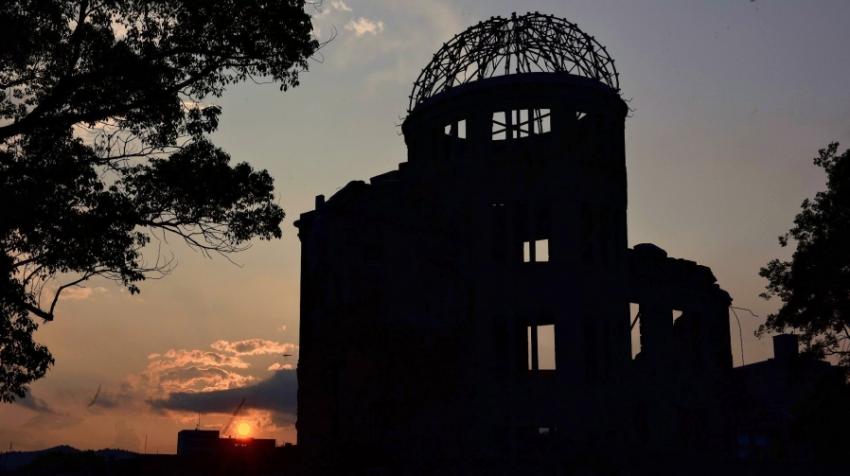26 September marks the International Day for the Total Elimination of Nuclear Weapons. This article, published within the framework of this international observance and based also on the reflections derived from the webinar on “Rethinking Disarmament”, hosted by the United Nations Academic Impact (UNAI) on 5 August 2020, on the 75th anniversary of the nuclear bombings in Hiroshima and Nagasaki, aims to underline the importance of nuclear disarmament and analyze the human impact of nuclear testing.
In the New Mexico desert, just three weeks before the atomic bombings of Hiroshima and Nagasaki, the United States conducted the world’s first nuclear test explosion, code-named “Trinity”. In the seven and a half decades since that fateful July morning in 1945, a total of eight nations have carried out 2,056 nuclear tests, one-quarter of them in the atmosphere, causing long-term harm to human health and the environment globally.
“The legacy of nuclear testing is nothing but destruction,” reflected the United Nations Secretary-General, António Guterres, in a statement to mark the International Day Against Nuclear Tests on 29 August 2019. With the recent commemoration of the 75th anniversary of the nuclear attacks on Japan, we have been reminded once again of the horrific impacts that these weapons have on people.
The strong global taboo that exists against the use and testing of nuclear weapons is in large part the result of decades of popular resistance to man’s deadliest creation. Advocacy by survivors, as living witnesses to the horrors of the atomic age, has awakened decision-makers to the brutal reality of what nuclear weapons do to human bodies and our planet. And in the years after the attacks on Hiroshima and Nagasaki, the global opposition to nuclear weapons intensified.
Recognizing that even underground tests were causing serious and significant harm, and eager to bring the era of nuclear testing to an end, the international community as a whole adopted the Comprehensive Nuclear Test Ban Treaty in 1996. Though still not in force due to the lack of support, it has actually established a de facto moratorium on all forms of nuclear testing.
Building on this framework, the Treaty on the Prohibition of Nuclear Weapons, was adopted by 122 States in 2017. It not only seeks the total abolition of nuclear weapons, but also requires, for the first time, international cooperation to assist victims of nuclear testing and help remediate contaminated environments. During the negotiation of this landmark accord, nuclear test survivors shared their remarkable stories with governments.
In its preamble, the ban treaty acknowledges for instance, the disproportionate impact of nuclear weapon activities on indigenous peoples. “Our land, our sea, our communities and our physical bodies carry [the legacy of these deadly experiments] with us now, and for unknown generations to come,” a coalition of indigenous groups said during the negotiations. Racist beliefs have underpinned many of the decisions concerning nuclear test programs, they noted.
The ban treaty’s preamble also acknowledges the consequences of nuclear weapons on women and girls, including as a result of their greater vulnerability to the harmful effects of ionizing radiation. Nuclear test survivors have testified to high rates of stillbirths, miscarriages, congenital birth defects and reproductive problems. In 2016, a group of Pacific Island States wrote that the history of nuclear testing in their region was a motivation to work for the new treaty.
Few survivors of nuclear testing have been compensated for their suffering. Where efforts have been made to clean up former test sites, they have been inadequate. At some sites, dilapidated infrastructure poses an ongoing risk of further contamination. As the Pacific Island States highlighted, the international community must “ensure that nuclear weapons are never used again, whether in testing programs or in warfare” — and that requires their total elimination.
This article was contributed by Tim Wright, Treaty Coordinator for the International Campaign to Abolish Nuclear Weapons.

